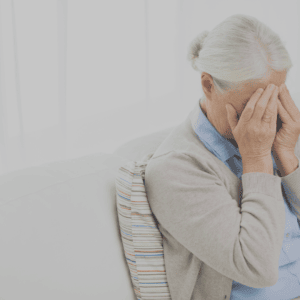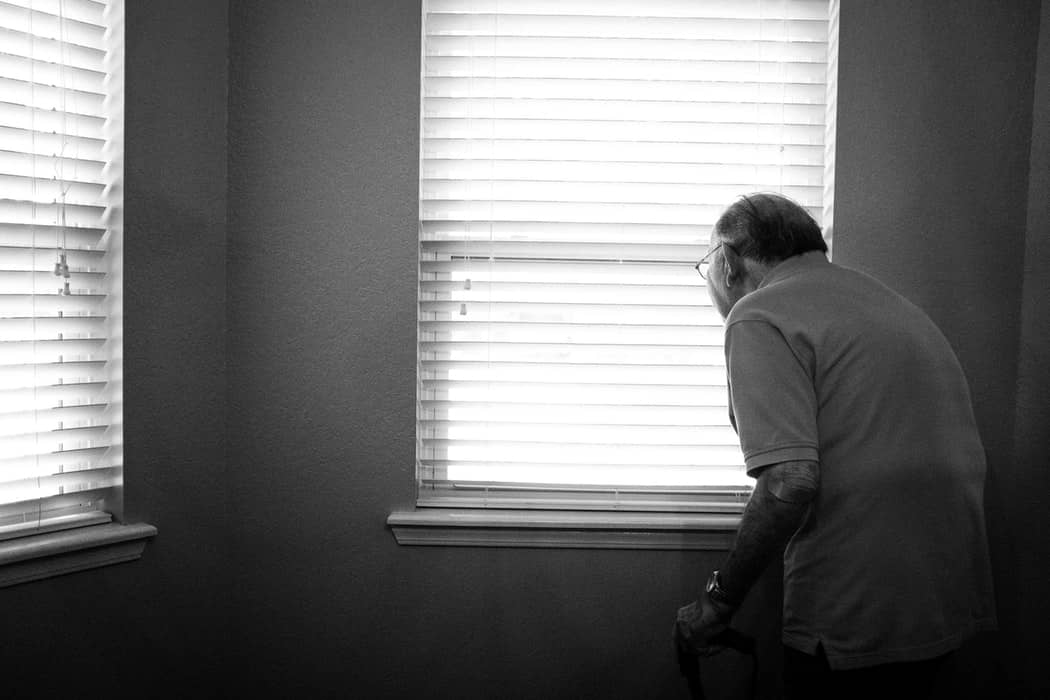Caregiving for an Adult with Mental Illness
With 8.4 million Americans caring for an adult with mental illness or emotional illnesses, these caregivers often do not realize they are also being affected by their loved one’s mental state. The National Alliance for Caregiving and Mental Health America conducted a study that shows approximately 1,601 loved ones with mental illness have affected their caregiver mentally. In order to provide the best care possible, it is important to know how to care for your loved one that struggles with mental illness. Visit Mindpoint for Online Psychology Consultations.
4 Ways to Be an Effective Caregiver for an Adult with Mental Illness
When caring for an adult with mental illness, it is normal to feel overwhelmed, unprepared, or even confused about how you can help them. Here are four ways to be an effective caregiver to an adult with mental illness:
- Educate yourself on mental health. – When caring for an adult with mental illness, it is important to educate yourself on your loved one’s particular situation. As you become more knowledgeable about your loved one’s illness, you will also be more knowledgeable about how to better care for them. Visit the National Alliance on Mental Illness for more resources on mental illness.

- Be a friend. – Rather than focusing on just being a caregiver, be a friend. Those that struggle with mental health may feel isolated or lonely. While being close to an adult with mental illness can be hard sometimes, be sure to set certain boundaries and ensure that you protect yourself physically, emotionally, and mentally.
- Encourage treatment. – If your loved one hasn’t already sought treatment, or if they are not sticking to their treatment or still struggling, speak with their healthcare provider for support and guidance. There are many different forms of treatment that can help your loved one recover from their mental state. Speak to your loved one about the different options available to decide which treatment might be best suitable for them. Help is available in many different forms such as treatment, support groups, or even through online communities.
- Give them space. – It may be hard for some caregivers or family members to give freedom to their loved ones, especially if they’re older adults with mental illness. However, giving a person space to make their own decisions (e.g., where they live, what they eat, and what they want to do) can improve their outlook on life and their mental health. If there is ever a time where, as a caregiver, you feel their decisions might be a potential hazard or threat to their physical or mental health, consider speaking to them about it and brainstorming an alternative decision that works for both you and your loved one.
Taking Care of Your Mental Health as a Caregiver
Approximately 1 out of 4 caregivers of a person with a mental illness often suffer from their own mental illness such as depression or anxiety. In order to reduce your risk of becoming affected by caregiver stress, try the following:
- Take time for yourself. – Caring for someone with a mental illness can cause a strain on your own mental health as well. It is critical to take time for yourself to recharge and reset. Make sure to visit your doctor regularly and continue to do things you enjoy. Even if you feel this might seem selfish, it will help you and your loved one in the long run.
- Get enough rest. – Unwinding after a long day is necessary to keep your physical and mental state healthy. Lack of sleep is often common for caregivers but can lead them to make poor decisions. Make sleep a priority and remember to practice self-care regularly to help you stay relaxed.
- Exercise. – Those who are caregivers may feel as though they do not have enough time to exercise. However, there are many ways that you can be creative with your exercises such as parking farther away, taking the stairs as often as possible, or scheduling a set time to visit the gym. Exercising will increase your endorphins to not only make you happy but also make you feel more productive throughout your day.
- Ask for help. – If you feel overly stressed or that your mental health is suffering, ask for help. There are many ways to seek help today whether by speaking to family and friends, joining support groups, visiting a doctor, or calling/texting the Substance Abuse and Mental Health Service Administration’s National Helpline at 1-800-622-HELP (4357). For those who are struggling with mental illness or distress, 24/7 Nursing Care offers personalized in-home psychiatric care services that are tailored to your loved one’s needs.
To learn more ways on how to care for your mental health as a caregiver or learn the signs of depression, please visit our blog on ‘How to Care for Your Mental Health.’ If you are a caregiver dealing with stress, please contact us at 855-Nurse44 or join our support group on Facebook.
At 24/7 Nursing Care, we are here for ALL of you. We pride ourselves on placing qualified caregivers, companions, and nurses who provide quality care for you or your loved one. Our services range from companion care for seniors, in-home certified nurses, home health aides, Alzheimer’s/Dementia in-home nursing care, and many more that can serve you or your loved one. We are still working hard to provide the best possible care for seniors. If interested in a free consultation, please contact us today at our Miami-Dade office (786) 518-3622 or our Broward office (954) 949-1332.





